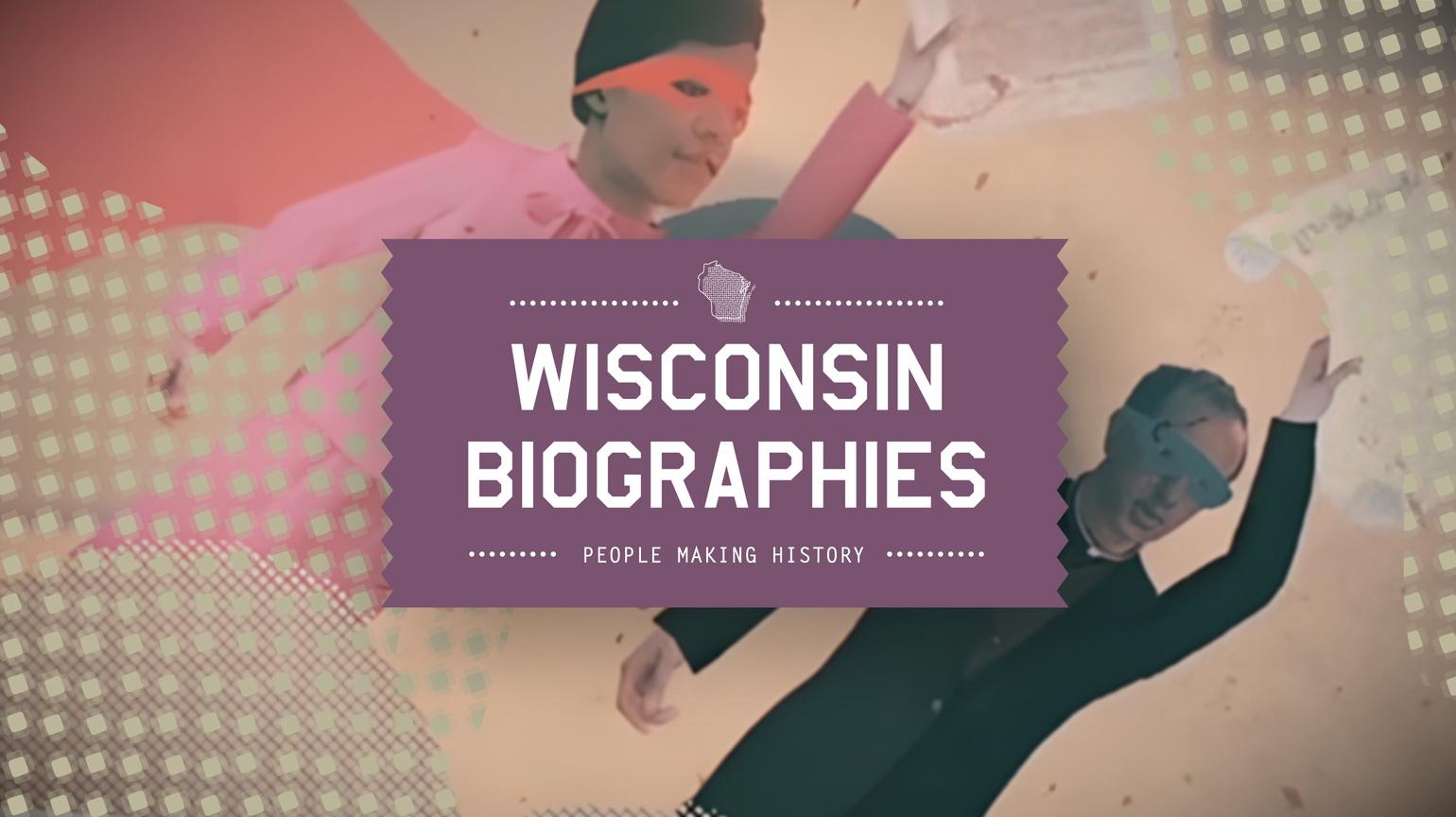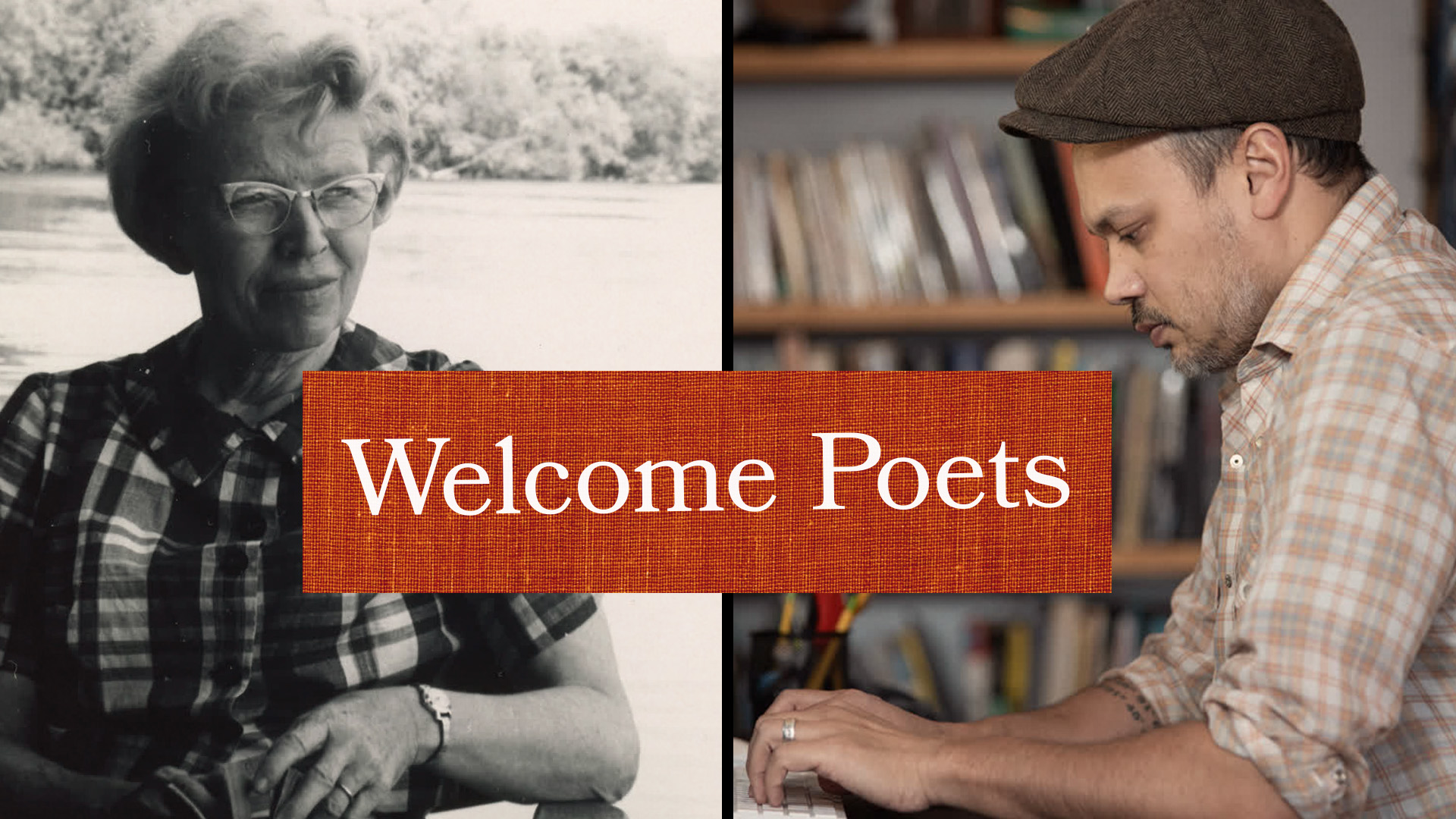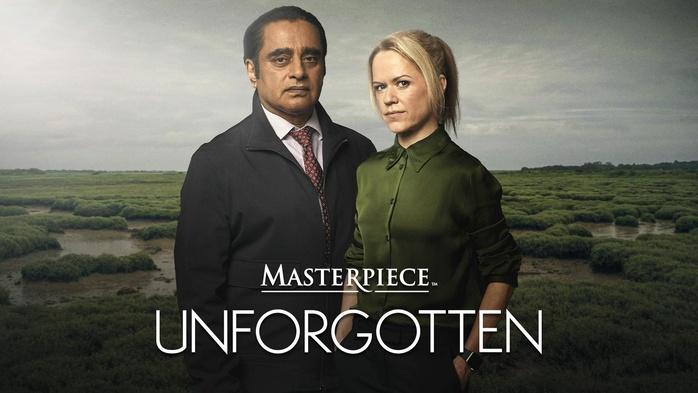[upbeat polka music]
Angela Fitzgerald: Accordion music has danced across our state for nearly 200 years. Brought from the Old World by European immigrants, that polka sound is synonymous with Wisconsin.
[bright accordion music]
Helmi Strahl Harrington: It’s unique and beautiful. Everybody loves it.
Angela Fitzgerald: That’s especially true for Helmi Strahl Harrington.
Helmi Strahl Harrington: I’ve never known another Helmi. It means “pearl” in Finnish.
Angela Fitzgerald: Helmi is a pearl like none other. And she founded the world’s largest accordion museum.
Helmi Strahl Harrington: It’s nice that it happens to be Wisconsin. And I say with absolutely no modesty that we are the best because we have the most, but we also have the most unusual. And some of these are really quite remarkable. For example, this is a table organ that is like an accordion. This is for right hand, this is for left hand.
[playing scale on table organ]
Angela Fitzgerald: A World of Accordions Museum in Superior is home to instruments that play a unique role in its evolution and history.
Helmi Strahl Harrington: It’s a very complex instrument that has developed over 200 years and now has 2,500 examples downstairs. Look at how big these guys are. This one has 220 buttons in the left hand, and this one has seven octaves in the right hand. We started a collection of unusual accordions not to be sold, but to be cherished.
Angela Fitzgerald: The oldest instrument on display sits here.
Helmi Strahl Harrington: Well, the patent is 1829 in Vienna, Austria, but it was already in progress in Germany, in Berlin and elsewhere.
Angela Fitzgerald: The accordion could also be described as an instrument of war. It helped Helmi’s family rise from the ashes of World War II.
Helmi Strahl Harrington: If it weren’t for accordions, my mother wouldn’t have survived the war, and that included me. My mother and grandmother had been evacuated from Cologne to south Germany, and that’s where I was born. We survived because my mother could entertain the troops at the Red Cross station. My grandmother, my mother, and me. And that’s how it was. I never took my eyes off what she was doing.
Angela Fitzgerald: The gift of accordion music would be her mother’s gateway to America.
Helmi Strahl Harrington: She saved three accordions, and she took them on board ship when she came across the sea with me, and an American soldier decided nobody needs three. So, he threw one over.
Angela Fitzgerald: The two accordions that still exist are here in the museum.
Helmi Strahl Harrington: This was the one that she taught thousands of people on. I was eight and began to study how to play and then how to repair. I stuck my nose in her business right away and loved every moment of it. It was something that she loved, and therefore I loved it.
Angela Fitzgerald: Passed from mother to daughter, the love of music survived war and endures on stage in a former church that houses the museum.
Helmi Strahl Harrington: We have about a million pieces of music in the music library. We have a thousand books and several thousand recordings of the infamous and the famous. We have repair shops. Well, it’s not in great shape. It doesn’t matter how wonderful the musical sound is and how much enthusiasm it gives your soul. It still is a piece of machinery that needs repair.
Angela Fitzgerald: Preserving accordions would prove to be a life’s work for Helmi. Now, in her golden years, she sees change on the horizon.
Helmi Strahl Harrington: I’m 78 years old now. I have stage five cancer, and I’ve been on the fifth year of a two-year life expectancy for a long time now, and so I’m hoping it’ll continue a little longer, but I make no illusions.
Angela Fitzgerald: Like her mother, the accordion has helped Helmi through her darkest hours. And her passion has never wavered.
Helmi Strahl Harrington: I started off playing just because I loved it, and I still do. The music is what they say. It keeps you happy, keeps your inside humming and strumming as it should.
Angela Fitzgerald: The accordion reflects Helmi’s childhood in Germany, her history, and a museum celebrated around the world.
Helmi Strahl Harrington: So much has happened in the last 200 years. Things have been lost, have been burned, have been killed by bombs. The history of the accordion, its construction and its music, falls into that risk category. That’s part of the passion because in the end, I’m proud not just of the result, but of what it took to get there. The goal is to keep that going beyond me.
[gentle accordion music]
Search Episodes

Donate to sign up. Activate and sign in to Passport. It's that easy to help PBS Wisconsin serve your community through media that educates, inspires, and entertains.
Make your membership gift today
Only for new users: Activate Passport using your code or email address
Already a member?
Look up my account
Need some help? Go to FAQ or visit PBS Passport Help
Need help accessing PBS Wisconsin anywhere?

Online Access | Platform & Device Access | Cable or Satellite Access | Over-The-Air Access
Visit Access Guide
Need help accessing PBS Wisconsin anywhere?

Visit Our
Live TV Access Guide
Online AccessPlatform & Device Access
Cable or Satellite Access
Over-The-Air Access
Visit Access Guide
 Passport
Passport






Follow Us